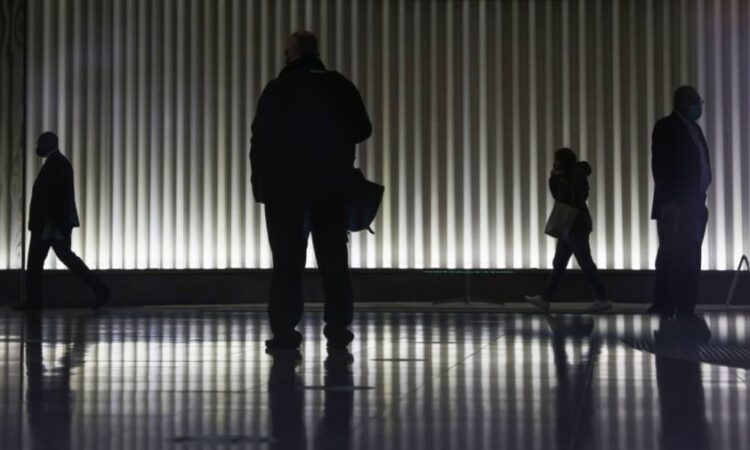
This article is the latest part of the FT’s Financial Literacy and Inclusion Campaign
The number of people who feel ‘locked out’ of the financial system shot up by 40 per cent last year as lenders reined in their risk appetite amid a cost of living crisis, new data from peer-to-peer lending platform Plend shows.
The research, supported by Nationwide Building Society, Fair4All, Step Change Debt Charity and Plend, is the largest financial inclusion survey in the UK with 4,500 participants, weighted to be nationally representative for age, gender and region.
This year’s survey found that 28 per cent of people now feel locked out of the UK’s financial services market, up from 20 per cent when the inaugural research was done last year. The percentage who feel financially excluded rises to 45 per cent for black and ethnic minority groups.
“As the current cost of living crisis has deepened . . . the issue of financial exclusion has without a doubt intensified, only exacerbating the poverty premium; the deeply unfair paradox that sees those who are least able to afford it paying the highest prices for goods and services,” said Yvonne Fovargue, MP and chair of the all-party parliament group on debt and personal finance.
“It is imperative that we address the underlying issues that have led to this precarious situation,” she added. “Mainstream financial institutions” needed to honour their responsibility to “serve all members of society” she said, pointing to the need for a wider initiative to “address the flawed credit reference system, which continues to hold people back”.
Some 40 per cent of those surveyed by Plend had loan applications rejected in the last 24 months. That figure rises to 54 per cent for black and ethnic minority applicants.
Just over a fifth of interviewees were not confident they could access a loan or credit card tomorrow, while a third said they found it more difficult to access loans or credit cards since the start of the cost of living crisis.
“Access to affordable credit is vital for an individual’s financial stability and mental wellbeing, however, this report exposes that large sections of the UK population are repeatedly being let down,” said Robert Pasco, Plend’s CEO.
The Bank of England last week said there was “some evidence” of major UK banks “tightening their lending standards” as the economy worsened, a trend that makes it harder for people to get loans because they are judged to be at higher risk of default.
Almost 60 per cent of black and minority ethnic interviewees said they had borrowed money from family, friends or through finance products, because of the cost of living crisis, and almost half of all interviewees said the cost of living crisis would not stop impacting them until at least 2024.







